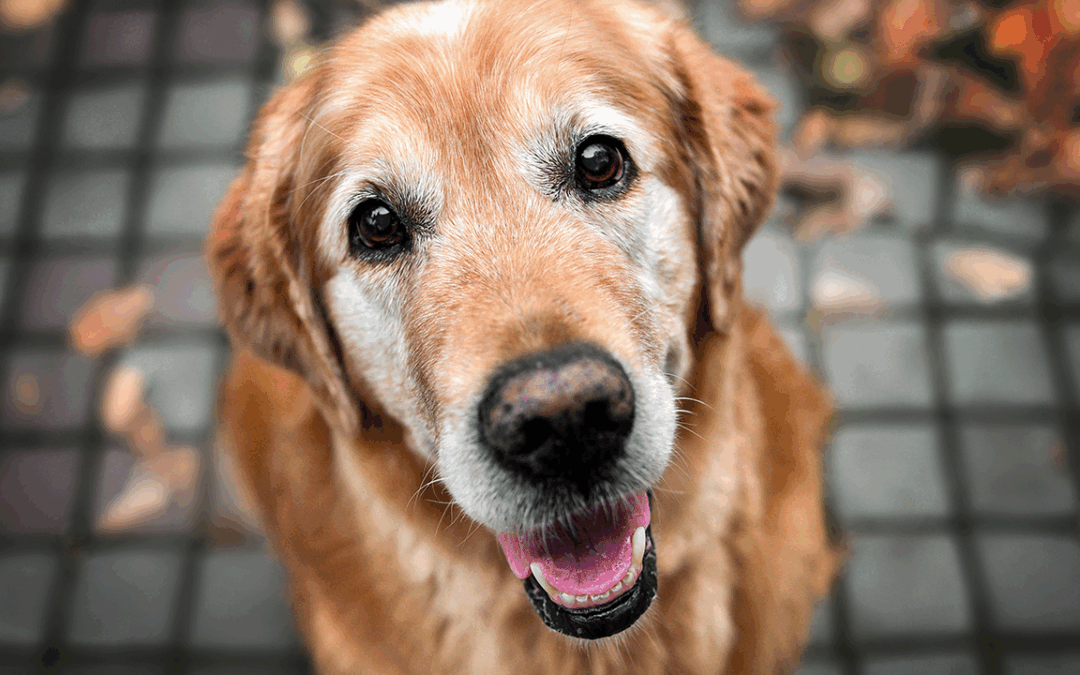Just like us, our pets require special care and attention as they enter their twilight years. Continued advances in nutrition and health care also mean pets are living longer than ever – so what should we be looking out for as our pets age?
‘How old is my pet in human years?’ I hear you ask. Well, current estimates suggest that your 1 year old pet is just like a 15 year old teenager (seems about right!). At 2 years, they are considered a far more sensible 25 year old (yeah, right…), and you can add around 5 human years for every year thereafter. So your 7 year old pet is heading into their fifties – time really does fly!
Now this may come as a surprise to some, but pets are generally considered ‘senior’ or ‘geriatric’ from around 7-10 years of age, with larger breed dogs expected to age even faster. Our pets are also living longer than ever before, which means we are seeing more age-related health concerns. Common conditions include joint disease (osteoarthritis), metabolic changes, diseases affecting organs like the heart or kidneys, hearing or vision loss, obesity, cancer, and dementia.
Although we can’t stop our pets from aging, there are a few simple ways we can ensure they’re getting the most out of their ‘senior’ years.
Although carrying excess weight isn’t unique to ‘senior’ pets, they’re more prone to weight gain due to a slowing metabolism and potentially reduced activity level. Obesity puts excess strain on already aging body systems, and can significantly shorten your pet’s lifespan. It’s important to keep an eye on your pet’s waistline throughout their life, and adjust their food intake and exercise levels as needed.
Joint disease (or Osteoarthritis) affects every pet to a varying extent as they age. You might notice your dog limping, or struggling to get up and lie down (especially first thing on a cold winter morning). Cats may not jump as much as they used to, or your pet may just be sleeping more and playing less. Your Vet can help you manage your pet’s discomfort as they age, but there’s plenty you can be doing at home as well. Maintaining your pet at a healthy weight and keeping them moving is vital. As your dog ages, try taking them for shorter, more frequent walks. Most of all, it’s important not to let them over-do it and only ever go as far as they can manage.
Did you know? ‘Doggy Dementia’ can also affect our elderly pets? This can present as changes in your pet’s behaviour and sleep patterns, they may also wander more, or spend less time interacting with people.
As pet owners, we want our pets to remain happy and healthy throughout their life. If you’re concerned that your pet’s bad days are starting to outnumber their good days, or pain is preventing your pet from enjoying their golden years, we recommend getting in touch with your Veterinarian – we’re always here to help. Senior pets may also benefit from more frequent health assessments than simply their annual vaccinations.
Remember, old age isn’t a disease, it’s simply another stage of life to be navigated.


